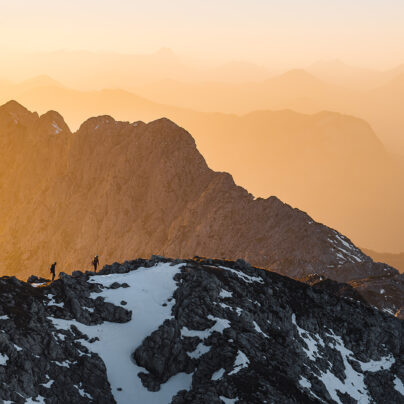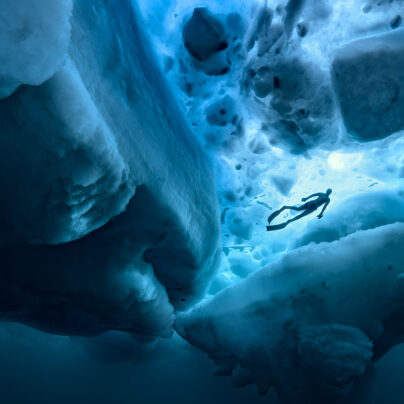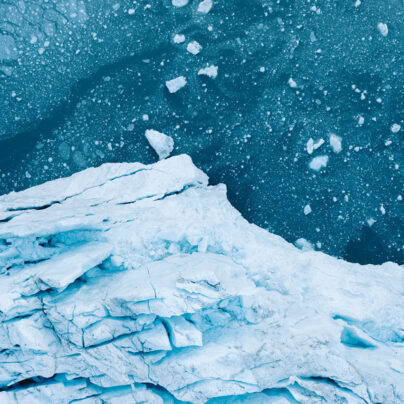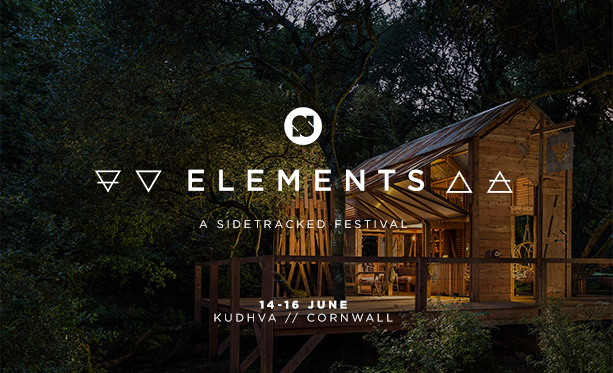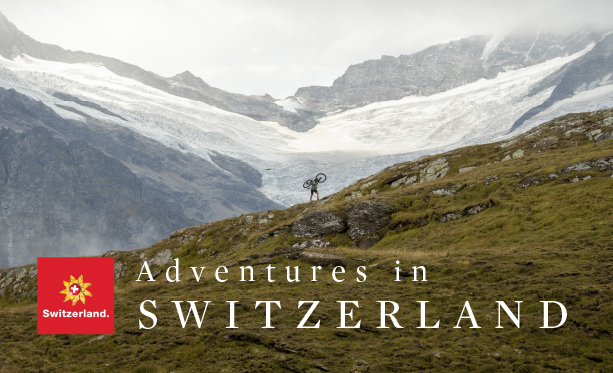Solitude
Inspiration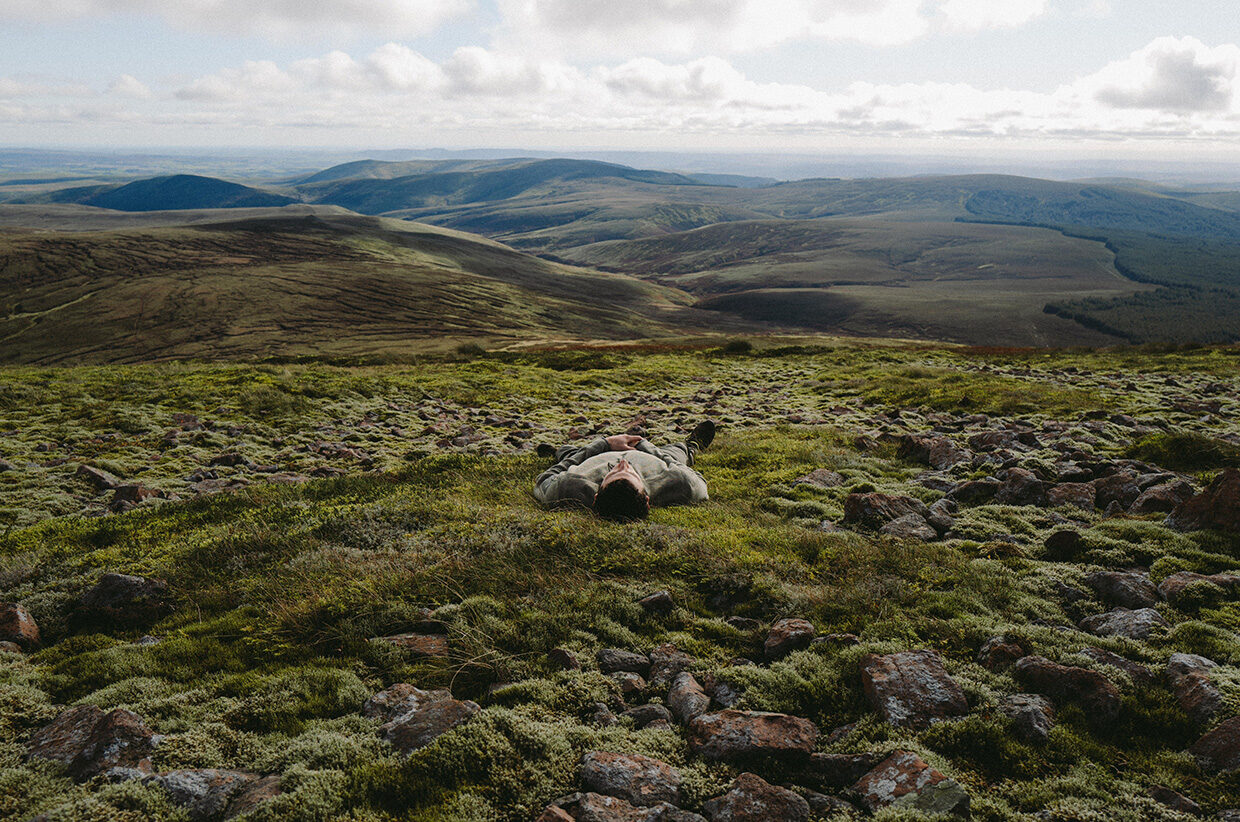
An Interview with Hamish McArthur
Written by Harriet Osborne // Produced in Partnership with Arc’teryx
‘When was the last time you were alone? I mean completely alone. The kind of alone where you are untethered from all other souls by sight, sound, or satellite, and for a moment, cease to exist in anyone’s universe but your own. My best guess is that most people have never had the pleasure of screaming without being heard.’
Hamish McArthur is best known for being a double Youth World Champion climber. But the 22-year-old is more than just his titles. Behind each medal is a story of solitude, offering valuable moments of reflection to become a more authentic version of himself. In a world of external pressure, comparison, and noise, Hamish excels by taking a different approach.
As part of Arc’teryx’s No Wasted Days campaign, Hamish shares how he has learned to look at life a little differently to find a better way.
***
Hamish discovered climbing at five years old, then rose through regional and national contests, becoming the youngest member of Team Great Britain at age 12. After years of winning everything he entered, Hamish hit a wall. Despite his best efforts, he couldn’t surpass fourth in the international Youth World Cup.
When Covid sent the world into lockdown, competitions were cancelled and there was no pressure to climb – unless he wanted to. For the first time as a professional athlete, Hamish chose to climb for himself. Emerging from lockdown in September 2021, Hamish won bouldering and lead climbing events in his final Junior World Championships before podiuming at the Senior World Championships a few weeks later.
With sights set on winning gold medals for climbing at the 2024 and 2028 Olympics, Hamish chats to us about harnessing solitude as a tool for his success, his relationship with the outdoors, and how we can all benefit from pursuing our own path.
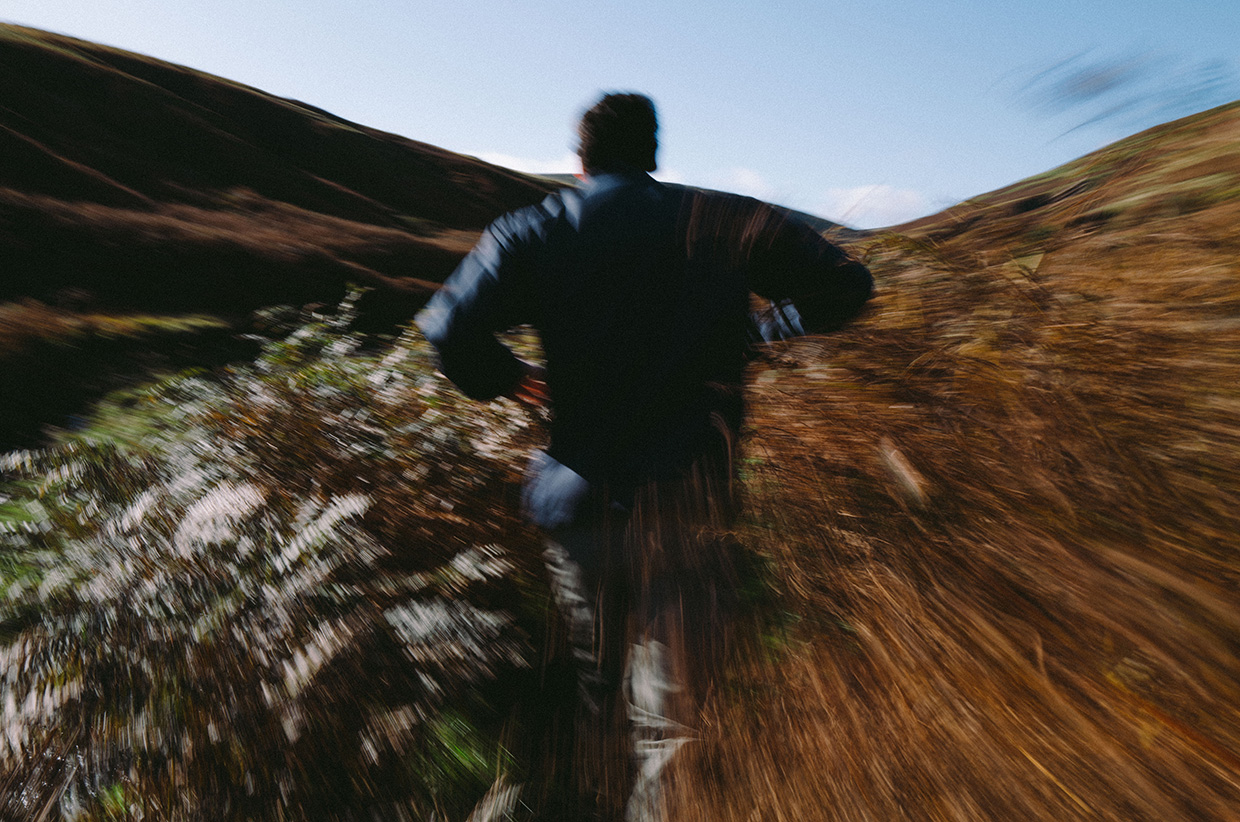
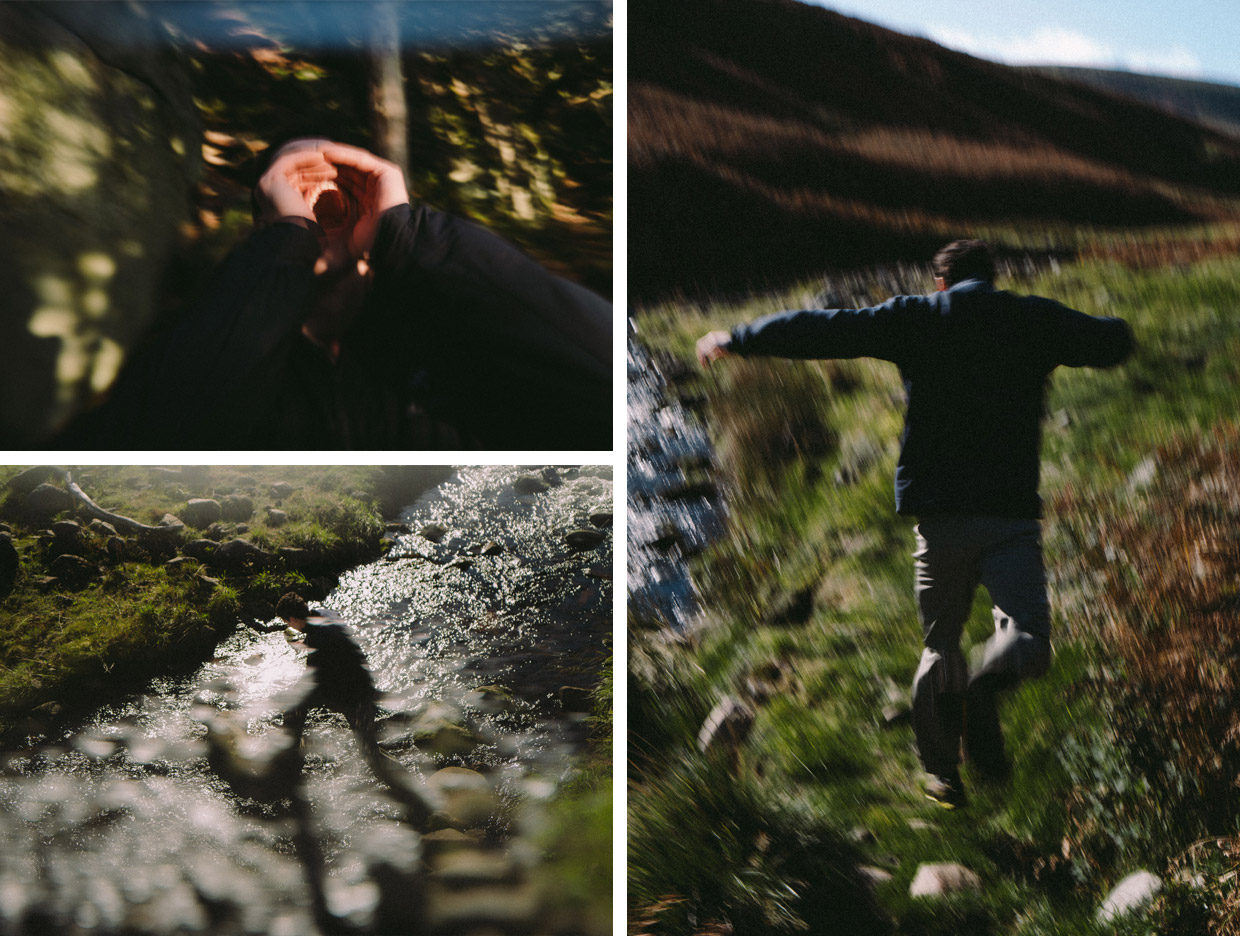
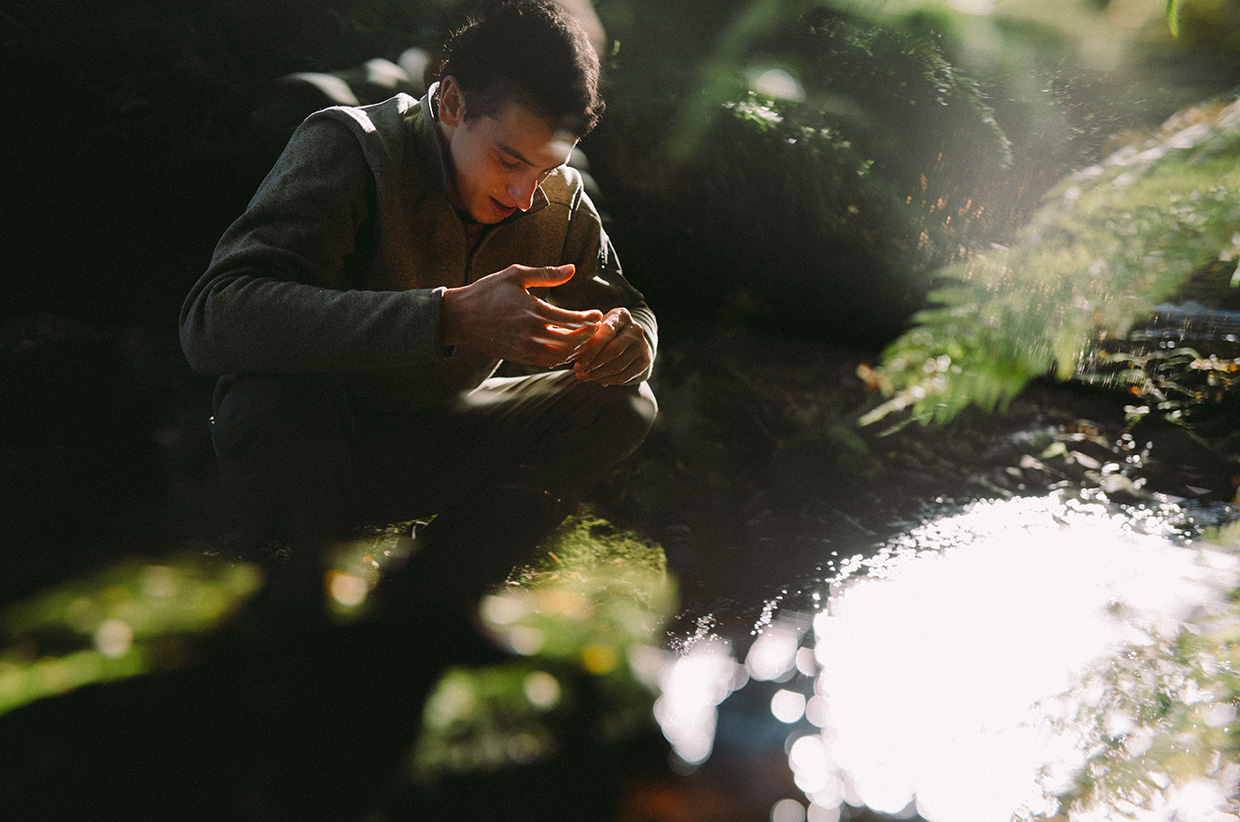
Sidetracked: Can you tell us how you got into climbing and where your interest stems from?
Hamish: I climbed everything as a kid – up trees, door frames, and the sides of buildings. I had an obsession with ladders by the age of four and went to a climbing gym when I was five. My parents wanted me to channel my energy somewhere safe, where I wouldn’t break my bones. I loved it, and I kept going back.
Did you discover the outdoors at a similar time, or did that come later? What do you remember about the experience?
The first time I discovered nature was when I was around 10 years old. Every new year, I would go with my family to an old cabin in the Scottish borders. I remember playing in the river outside and venturing off alone into the woods. After a few minutes of mindless walking, I realised I was no longer within reach of my family.
I can remember my heart beating with excitement as I looked over my shoulder and saw nothing but trees. I threaded through the river, hopping from rock to rock, getting lost in the thrill and sense of peace I’d never experienced before. Once I was comfortable in my isolation, I filled my lungs and howled.
How do you feel when you venture outdoors today?
It’s two simultaneous feelings. One is an acknowledgment of vulnerability and fear. Knowing you are at the mercy of everything around you. If something goes wrong, it can go very wrong, and there’s no-one there to rescue you. There’s no buffer between you and the edge of the cliff or the current of the river. There are no warning signs or second chances.
At the same time, it’s relaxation and relief. A feeling of decompressing and slowing down in the pace, chatter, and stimulus. It’s centring and it puts you on edge. It’s that play between those two things that really captures me.
Some of your most profound memories and greatest achievements happened as a result of spending time alone. What does solitude mean to you?
I see solitude as a positive or enjoyable state in which you have purposely removed yourself from the current of everyday life, people, things, and to-do lists. It’s a feeling of being aware of everything happening within yourself – rather than paying attention to how what you’re doing affects other people, or how others’ actions affect you.
It’s not just physical solitude, either. You can have solitude in a crowd of people if your attention is turned inward. I also find solitude when climbing at the gym, even though I’m in a room with other people.
Why is solitude important to you on a personal level?
I often feel I’m watching myself navigate life in the third person, obsessing on hypothetical judgements I imagine from everyone around me. Everything I do has a secondary awareness: what do they think of me, and what do they think I feel about them?
To find yourself completely alone is a shortcut to quieting this voice, and that is when you start to really notice things.
How have your experiences of solitude impacted or changed your performance as an athlete?
Lots of people are driven by external factors like the fear of losing, an attachment to an identity, or feeling a need to prove yourself worthy. That you need to do this sport because that’s what people have told you you’re good at. So they sacrifice everything to be good at their sport.
I feel like I have reached a point where I am actually doing something because I’m excited about life, and climbing is a way to express that. Climbing is an incredible path that allows me to experience all sorts of things – like the extreme highs of professional sport, pushing myself, and learning how to deal with disappointment.
These are slowly becoming the main things that I am psyched for. It’s becoming less about the climbing and more about the experiences that happen because of the climbing.
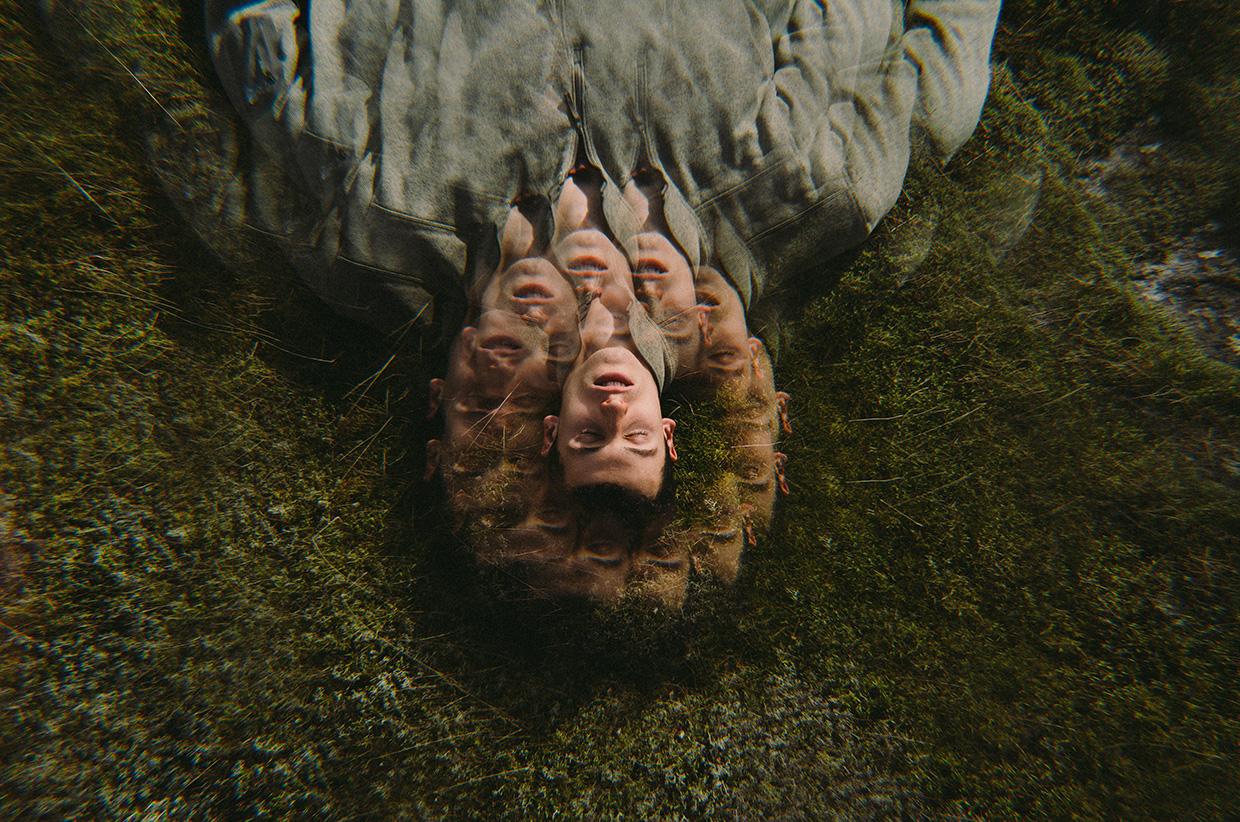
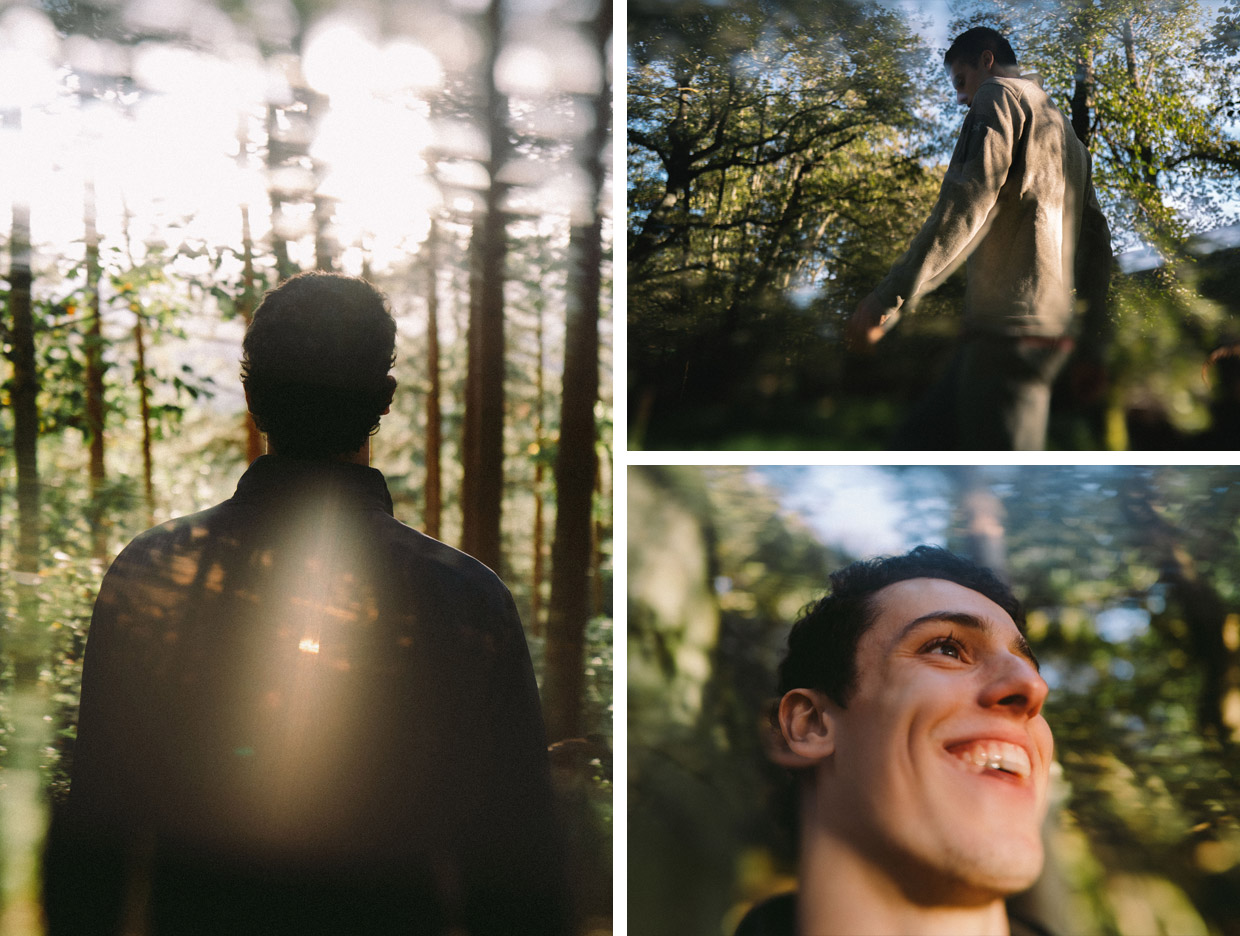
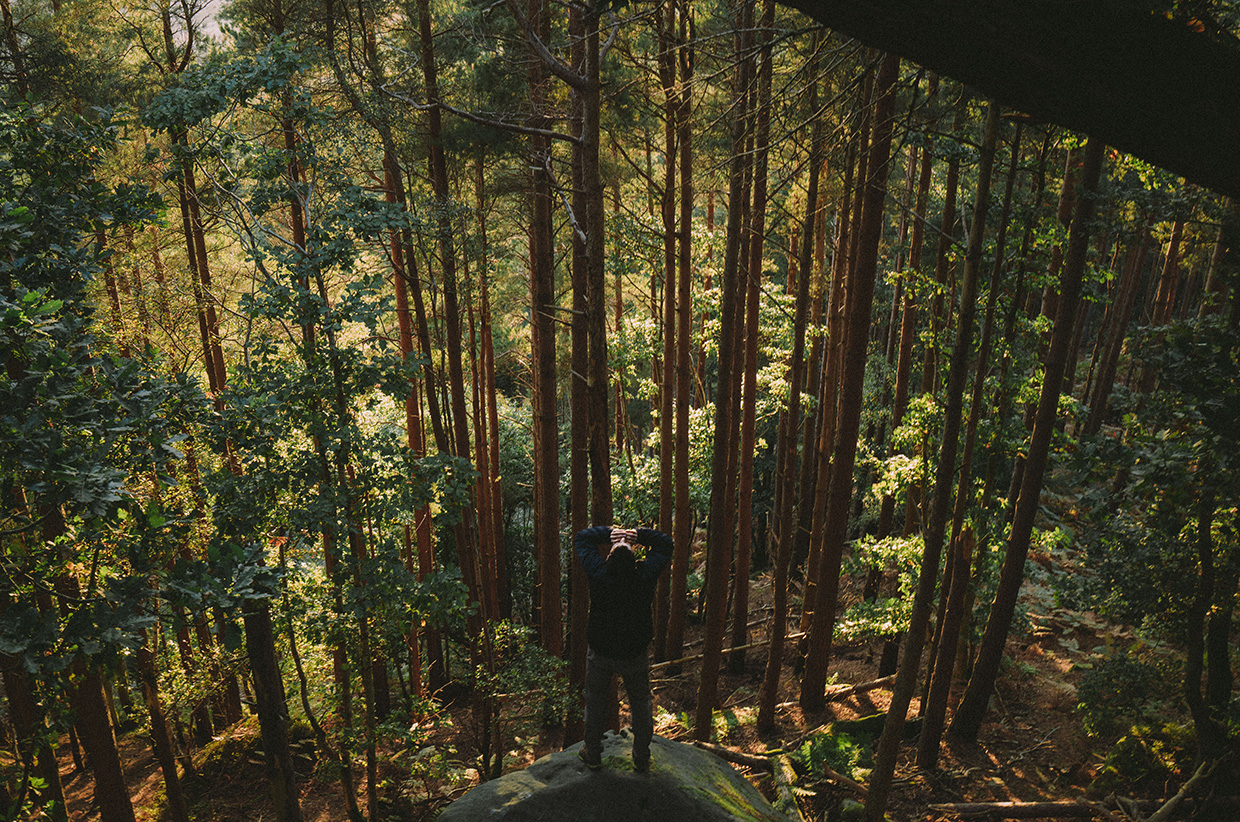
How have you been able to find a way of climbing that feels authentic to you?
I don’t want to trick anyone into thinking that I have freed myself from the shackles of society and am purely doing everything out of love and presence. There are still cognitive biases that I’m fighting constantly.
I still do stuff for potentially unhealthy reasons. I like pulling that thread and seeing what I’m doing, which could be limiting my growth, happiness, and experience. It’s a constant fight and learning experience, exploring what I am doing wrong and what I am doing right. But it is my goal to discover this deeper truth of why I’m doing something.
How do you know when you get it right?
When, for a moment, I allow myself to get into a headspace where I am free of inhibition and I can do something, then I go, ‘Whoa, how did I just do that? That was way cooler than it would have been if I was trying to do it like that.’ Those are the best moments. When you catch yourself off guard and go, ‘Well, there are possibilities here to experience stuff in a way that is completely different to how I I could have experienced it.’
It feels very messy in my mind still, but there’s a self-correcting process towards being more raw. Primal is a good word because that’s doing something without over-analysing it. That is how I like to climb. That’s when I feel the best.
Do you think that we’ve lost our ability to be completely alone?
We spend more time on our own, but I feel like we don’t spend as much time in solitude. Time spent on your own doesn’t count as time exploring solitude and peace. You have to decide to do that. It doesn’t just happen if you’re sitting in your room, watching something on Netflix, and there are people downstairs. But it’s something that you can learn.
What advice would you give to someone who wants to get comfortable with being on their own?
Being alone and spending time on your own is, in many ways, infinitely easier than spending time with other people – especially for someone who is naturally introverted. But that doesn’t mean it is best for your life and your development in the long run. It’s this balancing point where if someone is doing that constantly, it might be an escape from being around other people, and there are all sorts of reasons for that. Solitude is a tool, but it’s not a tool for every job.
Produced in partnership with Arc’teryx for No Wasted Days.
No Wasted Days is Arc’teryx’s first global brand campaign, urging individuals to look at life a little differently. Centred on the power of taking a different path, the campaign champions the idea of choosing your own life and savouring every moment.
The campaign is rooted in the Arc’teryx ethos that ‘there’s always a better way’, an urgent call to get out there and disregard the status quo. In doing so, it explores uncommon journeys and different paths into the mountains – highlighting how your journey can start anywhere.
@arcteryx // arcteryx.com // @hamish_mcarthur
Written by Harriet Osborne // @harrietosborne
